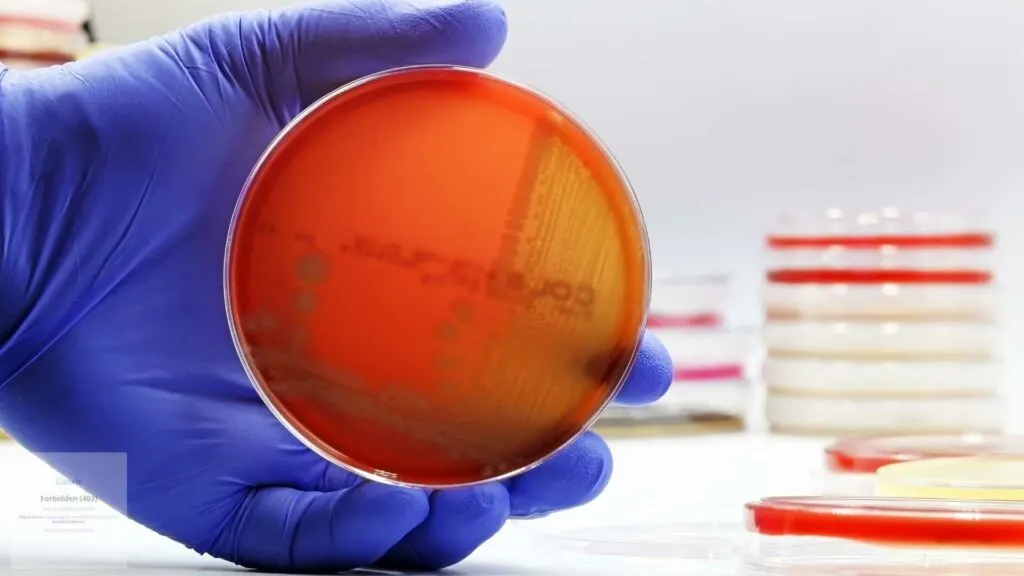An E. coli infection can result in more than just a few days of painful diarrhea and vomiting. In some cases, E. coli can cause a serious illness like pneumonia. It can also lead to kidney failure and blood clotting issues.
On top of these health issues, an E. coli infection can cost you a lot of money. You will have to pay for medical treatment while trying to cover lost income. If you suffer severe complications, long-term medical care will cost you even more.
Fortunately, you can claim damages after an E. coli infection. Let’s look at your options after suffering an E. coli infection and how you can regain control of your life and finances.

The Impact of E. coli Infection
E. coli, or Escherichia coli, is a bacterium in human and animal intestines. Most of the time, this bacterium does not cause any harm or illness. But, if you eat contaminated food, you can become infected with STEC (Shiga toxin-producing E. coli).
This strain of E. coli bacteria produces toxins that can cause severe illness. Contamination typically occurs through undercooked ground beef, unwashed vegetables, and unpasteurized milk.
Moreover, not washing one’s hands after using the toilet or changing a diaper can also spread the bacteria. If you touch an infected animal or come into contact with their direct environment and do not wash your hands, you can also become infected.
E. coli infection symptoms appear three to four days after exposure. However, symptoms can also appear a day after or ten days later.
The most common symptoms of an E. coli infection include abdominal pain, watery diarrhea, nausea, and vomiting. Some patients also experience fever. You may recover within a week without complications if you are a healthy adult. However, the risk of complications remains, including HUS (hemolytic uremic syndrome), which can lead to kidney failure.
Who To Hold Accountable After an E. coli Infection
If you got an E. coli infection because of someone else’s negligence, you can file a personal injury lawsuit against them.
But, to file a successful case, you must establish that negligence occurred. This means you must prove that the party responsible for your infection owed you a duty of care. You must also prove that the party breached that duty due to negligence and that the breach directly led to your infection.
However, you must identify the party responsible for your infection before you can prove anything. There could be many guilty parties depending on how you contracted the bacteria.
For instance, if you ate contaminated food, it may be the fault of the restaurant, food producer, or food distributor. It all depends on where in the food chain the food became contaminated.
If you bought contaminated food from a grocery store or retailer, they are not necessarily liable. The contamination may be blamed on the food supplier. However, if the store breached food handling practices and left contaminated items on the shelves, it may be liable for damages.
E. coli infections are often rampant in schools and daycare centers. If your child is infected with E. coli because the school did not implement sufficient hygiene measures, you may have a case against the school.
The same goes for farms and petting zoos. If the animals are infected and you were not warned, you could sue these institutions if you contract an E. coli infection.
It Is Your Right To File a Legal Case
You can file a legal case against any institution or person who caused your infection. You will need to get copies of your medical records after treatment and keep proof of payment for medical bills and mediation. If you have proof of contaminated food, keep the leftovers or packaging so it can be tested. This could prove to be crucial evidence for your case.
At this point, you should also hire an E. coli lawyer to assist you in building your case. Keep in mind that you can only file a case if you receive medical treatment for your infection and if you can prove that you were infected because of contamination.
The more evidence you can provide, including identifying the responsible party, the better your chances of success.
Also, depending on where you live, you only have two to four years to file an E. coli lawsuit. If you miss this deadline, you cannot claim compensation for medical costs and loss of income.
Do Not Let an E. coli Infection Take Over Your Life
Getting an E. coli infection can be debilitating, not to mention expensive. But, if you understand your legal rights, you can file a lawsuit against the responsible party and recover damages.

Jessi is the creative mind behind The Coffee Mom, a popular blog that combines parenting advice, travel tips, and a love for all things Disney. As a trusted Disney influencer and passionate storyteller, Jessi’s authentic insights and relatable content resonate with readers worldwide.
